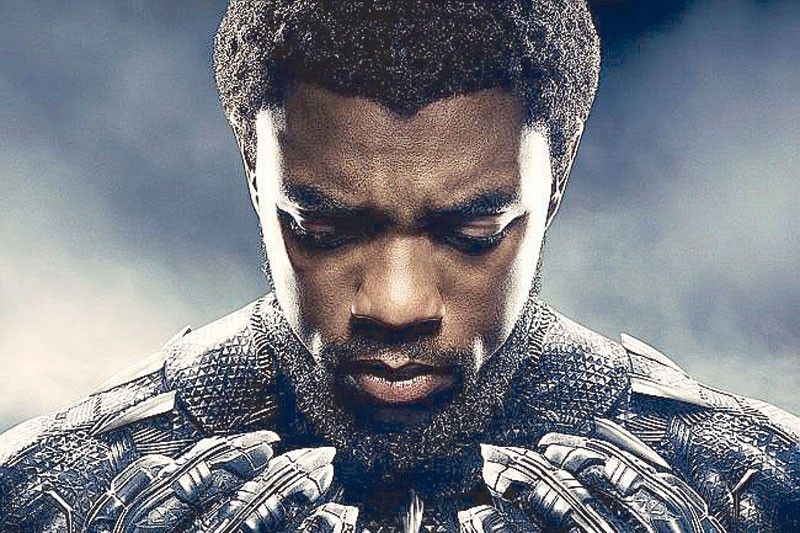Revisiting Black Panther & colonialism

When beloved actor Chadwick Boseman tragically passed away on Aug. 28, he left behind a significant imprint on film history — most significantly perhaps, for his titular role in Ryan Coogler’s Black Panther. Today, we celebrate Boseman’s life by revisiting Coogler’s film.
Some have argued that Black Panther is a generic superhero movie elevated by representation, and while I admit that its Third Act devolves into superhero bombast, Black Panther’s success is underpinned by so much more than just representation. It was the second highest-grossing film in the Philippines in 2018 (with a statistically negligible Black population).
Black Panther should be lauded for introducing cognizant, mature themes to stoke active audience participation in a mostly benign genre. Consciously or not, these themes resonated with our country’s history with colonialism.
Unlike its co-nominee (and eventual Academy Award Best Picture winner) Green Book, Black Panther can’t be reduced to a message as simple as “racism is bad.” At its heart, Black Panther is a film about collective healing — just as T’Challa (Boseman) confronts the failures of his father and Killmonger (Michael B. Jordan) contemplates the personal trauma of his own people abandoning him, entire nations must seek to rebuild their identities and economies after centuries of colonialism and exploitation.
Its very premise — that an African country, Wakanda, escaped colonization and emerged as a technological behemoth — sparks electric hypotheticals. What would a world look like that isn’t carved up by the Western powers we know today? What moral obligation would Wakanda have to free oppressed, colored peoples the world over — even if it came to violence? By posing such questions, Black Panther not only points to inherent inequalities, but asks viewers to look introspectively at their own innate resentments.
Even Coogler’s Shakespearean plot, with roots in regicide, inheritance and royal family squabbles, is something to gawk at because it’s so dissonant to viewers; they can’t connect the power tussles in an African country to world-ending stakes.
In many ways, Black Panther is a cathartic exercise in identification — to see a utopian society that could have been ours (if unperturbed by colonialism) grants viewers relief — relief that one’s culture and national identity weren’t the damnation to developmental backwardness. And in that relief, Black Panther empowers viewers to re-evaluate and reconnect with their own culture — a reckoning that propelled Coogler’s film to the top of the Philippines’ box office in 2018.
- Latest
- Trending
































